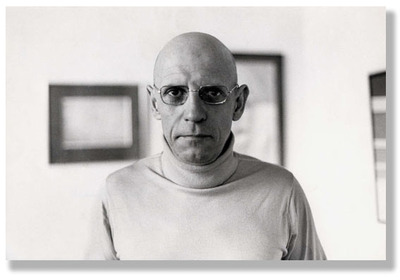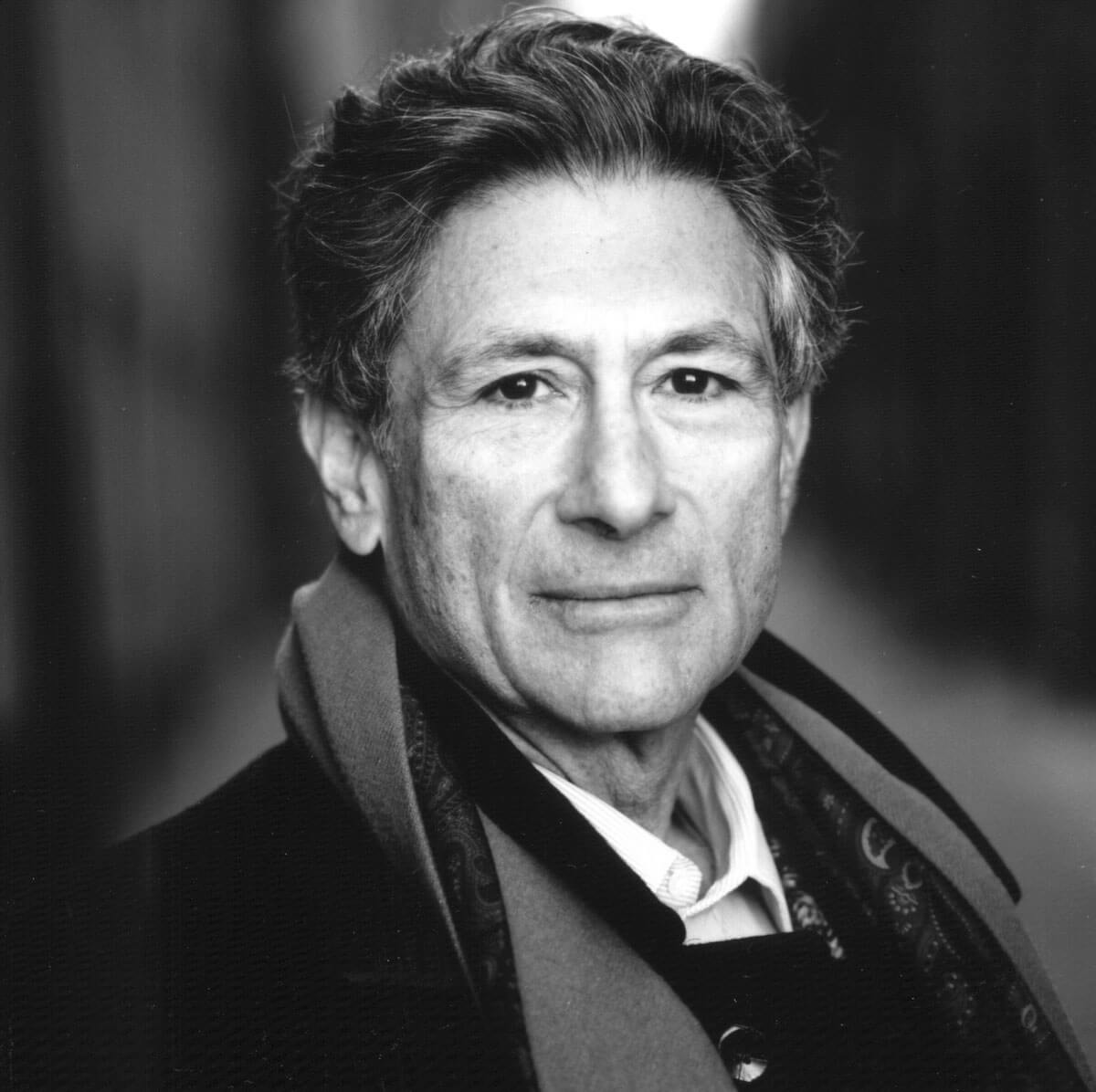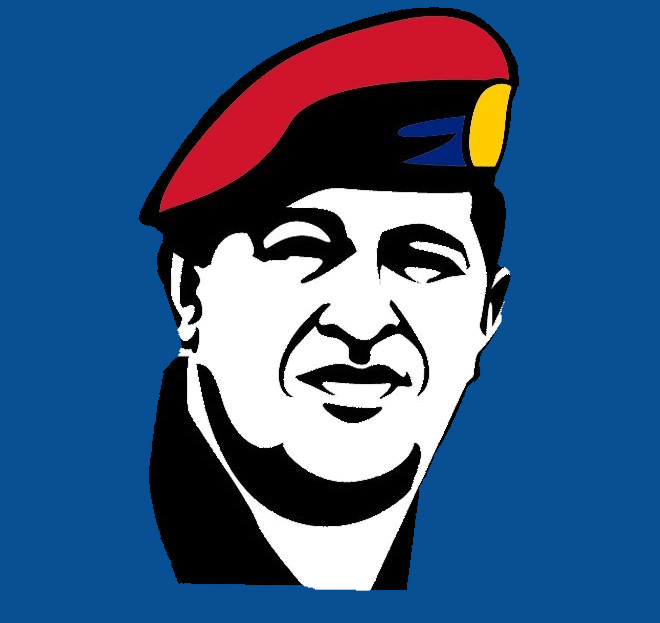Theory

Michel Foucault
French Philosopher
Michel Foucault was a philosopher famous for his theories on the impact of power and knowledge on social control and discourse. He was an avid rejector of ideology and the concept of absolute truth which beliefs that both are constructed via discourse as opposed to absolute.
In “Power/Knowledge: Selected Writings and Other Interviews,” Michel Foucault’s various theories and methodologies are discussed. The areas of Foucault’s theory that are specific to our project are the rejection of ideology, the rejection of absolute truth, and his discussion of genealogy, power, and discourse.
Foucault firmly believes in replacing ideology with discourse. He holds this for a myriad of factors, mainly because the notion of ideology seems too limiting. Foucault posits that there is no such thing as a stable subject, which ideology assumes we are always trying to maintain. The term ideology presumes that there is truth to achieve. Instead of utilizing the framework of ideology, Foucault advocates for the use of discourse, which he defines as ways of constituting knowledge, together with the social practices, that focus on subjectivity and power relationships.
According to Foucault, power is not simply a repressive action because it is not a binary between two parties: the one who possesses it and the one who doesn’t. It impacts everyone around them because power is a constant struggle that is always exercised at a cost. This cost can be financial, relational, and a myriad of other circumstances.
One of the main tenets of Foucault’s theory is the focus on truth. There is no absolute truth because what is deemed as true is all determined by which discourses obtain and maintain higher power. These truths can change because of societal and institutional factors that determine how much power anyone has to sustain the trueness of a statement or story.

Audre Lorde
American Feminist and Civil Rights Writer
Audre Lorde is recognized as a preeminent black lesbian poet and writer, drawing from personal experience and her scholarship. At the core of Lorde’s writing is the idea of a white, male hegemonic structure. This structure seeks to be maintained and reinforced, and must do this through oppression of everything that is not white and male.
Lorde’s most applicable theory to our project was her discussion of exoticism. The general existence of the erotic draws itself around the oppressive structures. Expressions of oppressive structures are in language and how things must be written, where most existing texts were written from a European lens. This lens was often oppressive and exoticized the experiences of women, especially black women. The language in these texts often eroticized black women’s feelings and bodies. Lorde expressed this theory in her essay “Uses of the Erotic: The Erotic as Power,” where she reveals that feminine power is encompassed in the spiritual plane of a woman’s existence. This power is the fulfillment of a woman’s being and is a conscious decision in a woman’s work that embodies and manifests a change in the fight against the oppression of women of color. The power is represented as an “erotic lifestyle” and is, therefore, prone to be recognized as a threat treated as a criminal, and as a result, women of color are suppressed out of fear since empowered women are understood to be “dangerous.” However, Lorde explains that reclaiming and redefining “the erotic” is a critical component to dismantling the social and political hierarchy enveloped in the white patriarchal power structures that depict and produce “the erotic” used to describe women of color as “dangerous” and “pornographic.”
Another expression of the oppressive structure is in language and how elements must be written. Lorde addresses the criticism of poetry as unacademic, unworthy, and an inaccurate form to communicate ideas. Lorde argues that this view is European, which is oppressive and contradictory because ideas were “what the white fathers told us were precious” (pg 37). For women, and particularly black women, poetry is a necessity, allowing for freedom of feeling and language. Feelings are “first made into language, then into idea, then into more tangible action” (pg 37). Feeling allows language, which enables the expression of an idea, and eventually leads to change. Restricting this freedom is inherently oppressive and supportive of the hegemonic structure because it disproportionately affects women.

Edward Said
Founder of Postcolonial Studies
Edward Said based writings on his experience as a student and professor in the Western world. To Said, there are major gaps in how the West perceives the East – which he calls the Orient – and, by extension, non-white cultures.
In Edward Said’s book Orientalism (1978), he analyzes the history and effects of the Western (Europe and the United States) on the East (Asia), particularly the Arabian world. He describes those who study the East, or “The Orient,” as Orientalists. Said discusses the “us” vs. “them” mentality that permeated these first Orientalist works and how Orientalists would separate the West with the East both geographically and ideologically.
According to Said, since the East and non-whites, in general, were seen as lazy, lustful, irrational, or violent, Westerners could justify their colonization. A main aspect of Orientalism is that “The Orient” is unchanging while the West is progressive and evolving, only furtherly justifying that Westerners can use their own rules to “develop” the East.
Edward discusses the creation of the “White Man” as discussed by Rudyard Kipling in his poem, “The White Man’s Burden.” The White Man, who has studied “The Orient” for decades along with his own culture has a greater understanding of what is best for “The Orient” than those who live in those regions. The White Man then takes it as his duty to help “The Orient” as one monolithic “other.” However, Said argues that since the White Man is operating on an understanding that is a self-projection and fueled by political motivations, “The Orient” is never helped and Westerners are actively hindering Eastern countries’ growth.
